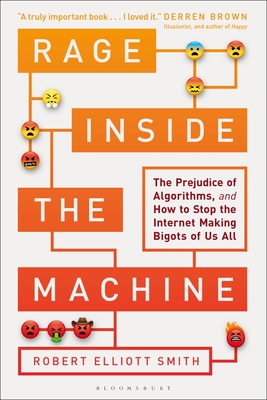Speech ACT Theory and Pragmatics
暫譯: 言語行為理論與語用學
Searle, John, Kiefer, F., Bierwisch, M.
- 出版商: Springer
- 出版日期: 1980-03-31
- 售價: $10,070
- 貴賓價: 9.8 折 $9,868
- 語言: 英文
- 頁數: 320
- 裝訂: Quality Paper - also called trade paper
- ISBN: 9027710457
- ISBN-13: 9789027710451
-
相關分類:
Natural Language Processing
海外代購書籍(需單獨結帳)
相關主題
商品描述
In the study of language, as in any other systematic study, there is no neutral terminology. Every technical term is an expression of the assumptions and theoretical presuppositions of its users; and in this introduction, we want to clarify some of the issues that have surrounded the assumptions behind the use of the two terms speech acts and pragmatics. The notion of a speech act is fairly well understood. The theory of speech acts starts with the assumption that the minimal unit of human communica- tion is not a sentence or other expression, but rather the performance of certain kinds of acts, such as making statements, asking questions, giving orders, describing, explaining, apologizing, thanking, congratulating, etc. Characteristically, a speaker performs one or more of these acts by uttering a sentence or sentences; but the act itself is not to be confused with a sentence or other expression uttered in its performance. Such types of acts as those exemplified above are called, following Austin, illocutionary acts, and they are standardly contrasted in the literature with certain other types of acts such as perlocutionary acts and propositional acts. Perlocutionary acts have to do with those effects which our utterances have on hearers which go beyond the hearer's understanding of the utterance. Such acts as convincing, persuading, annoying, amusing, and frightening are all cases of perlocutionary acts.
商品描述(中文翻譯)
在語言的研究中,與任何其他系統性研究一樣,並不存在中立的術語。每一個技術術語都是其使用者的假設和理論前提的表達;在這個引言中,我們希望澄清一些圍繞「言語行為」(speech acts)和「語用學」(pragmatics)這兩個術語使用背後的假設所引發的問題。「言語行為」的概念相對容易理解。言語行為理論的起點是,人的交流的最小單位不是句子或其他表達,而是某些類型行為的執行,例如陳述、提問、下命令、描述、解釋、道歉、感謝、祝賀等。通常,說話者通過說出一個或多個句子來執行這些行為;但該行為本身不應與在其執行過程中所說出的句子或其他表達混淆。上述例子所示的這類行為被稱為「言內行為」(illocutionary acts),根據奧斯丁(Austin)的說法,它們在文獻中通常與某些其他類型的行為,如「效應行為」(perlocutionary acts)和「命題行為」(propositional acts),進行對比。效應行為涉及我們的話語對聽者產生的超出聽者對話語理解的影響。說服、勸導、惱怒、娛樂和驚嚇等行為都是效應行為的例子。











